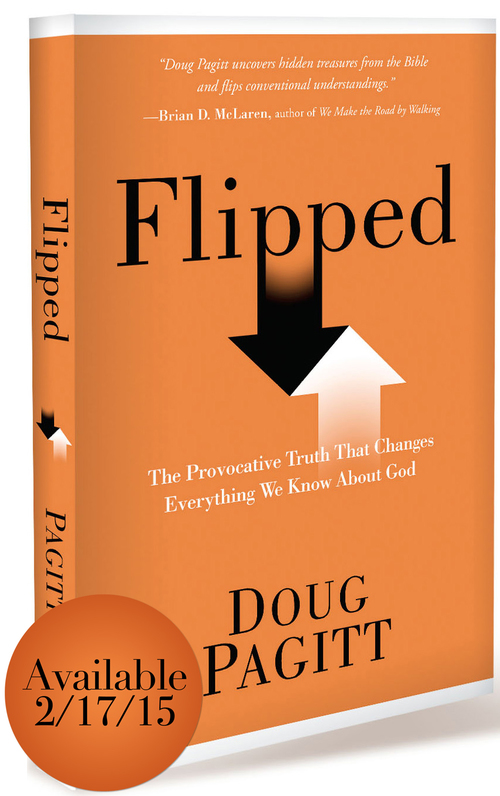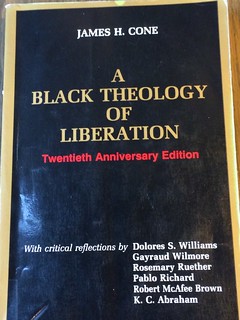 Doug Pagitt is releasing his new book Flipped this Tuesday and I hope you check it out. I was able to obtain a pre-release (without any promise/payment of a review/endorsement). Like with any pre-release I try to get my hands on, I was hoping I would like it, but with high expectations sometimes comes disappointment. In this case, I’m happy to say Flipped delivered and I really liked it.
Doug Pagitt is releasing his new book Flipped this Tuesday and I hope you check it out. I was able to obtain a pre-release (without any promise/payment of a review/endorsement). Like with any pre-release I try to get my hands on, I was hoping I would like it, but with high expectations sometimes comes disappointment. In this case, I’m happy to say Flipped delivered and I really liked it.
The basic premise (from Author/Publisher):
“We all have stories in our heads about God, humanity, life, and the meaning of it all. One of the most common—and misleading—stories is “If I’m faithful in doing this, then God promises to do that.” Jesus didn’t believe it and neither should you. God does not insist that you play by the rules before he will respond to you. A careful reading of the Bible will free all of us from trying to make a deal with God, inviting us instead to live in God.”
And a thought from Doug:
 Brian Williams is the cautionary tale of the week.
Brian Williams is the cautionary tale of the week.  I was introduced to
I was introduced to 




Recent Comments